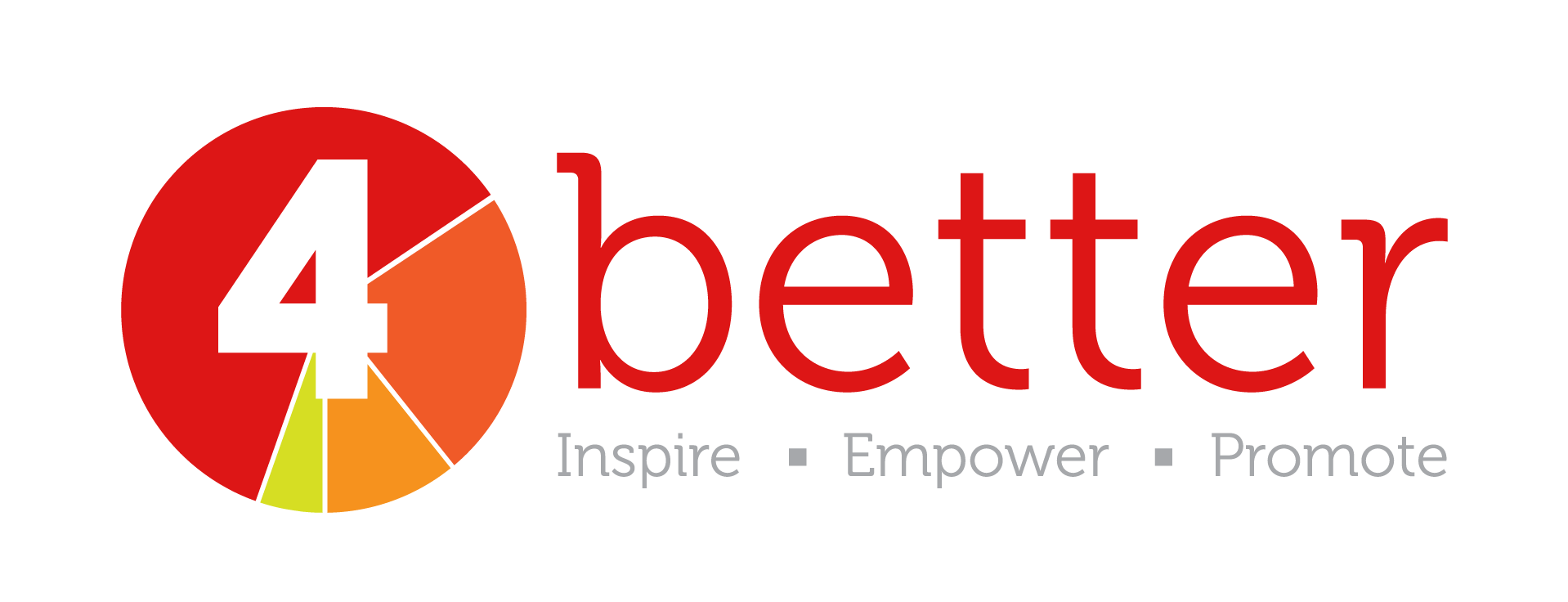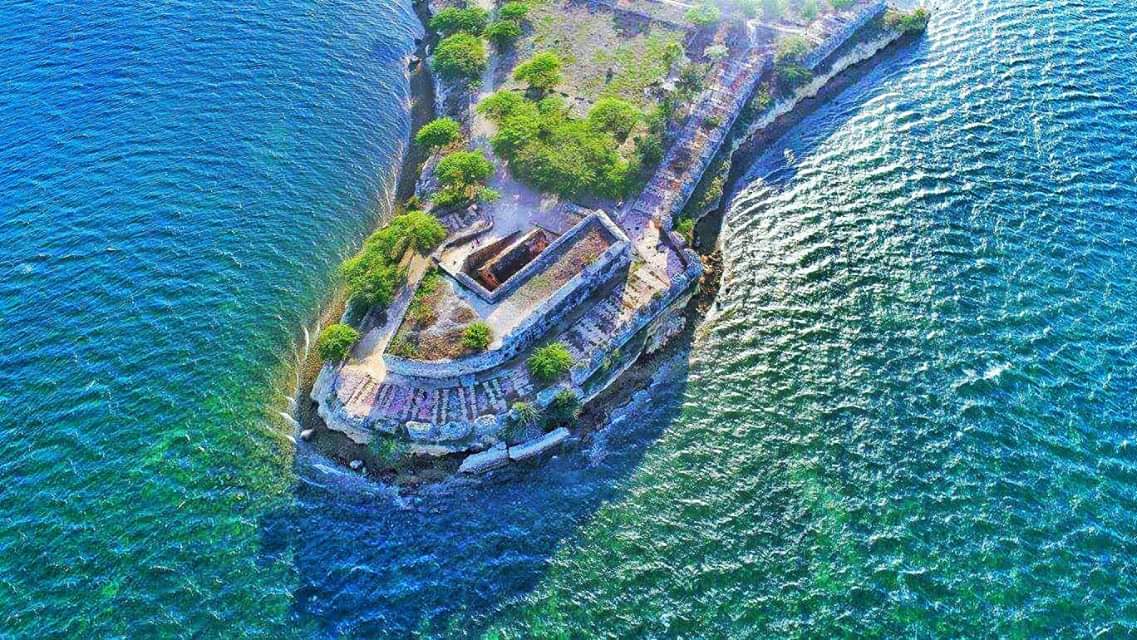
Carlo Chancelien, From Le Jetsetter, Believes Forward Thinking Leadership And Strategic Planning Can Fully Help Develop The Tourism Sector In Haiti
Many have become particularly interested in the Tourism sector in Haiti. However, it seems as non-natives of Haiti are more interested in visiting the Pearl of the Islands rather than the country’s natives. Carlo Chancelien is a marketing and tourism professional seeking to close the gap on that aspect.
In 2017, he established his marketing firm aiming to help dignitaries in the Tourism industry –throughout the Caribbean– to identify potential markets of entry, and for local tourism leaders in Haiti to explore tourism opportunities as well as to identify strategies welcoming the Haitian Diaspora.
In this article, he discusses his involvement in the latter industry and everything else you need to know about Tourism in Haiti.
How did you get involved in the Tourism industry?
A few years ago, I was looking for an opportunity to make a change in my professional career, and then I saw a job offer on LinkedIn by Booking.com. At that time, I was working as Inside Sales Manager for Microsoft and did not have much knowledge about Tourism. Since it was an Account Management position, I gladly applied and was selected for the opportunity.
Consequently, when I first started with the job, unlike most new-hires, I started an intensive course on Tourism Marketing at Cornell University (Online), to learn more of the Marketing side of the Tourism Industry. As I began to fall in love with the field, I started another study on Revenue Management for Tourism Companies, and the rest is history.
What projects are you currently working on?
It is easier to say what projects I am NOT currently working on. I have many ongoing projects; however, I try to prioritize the one I have on “Diaspora Tourism” for Haiti. After an article I wrote on the latter, I think Haiti is missing, out when it comes to connecting the Diaspora with their roots. I have realized that Haitian authorities (and citizens) could make Haiti more attractive to the Diaspora –as a tourism destination. I became more inquisitive about that topic and started to investigate more and more. I surveyed Diaspora Tourism, and I am currently analyzing the responses to build a case on how we can capitalize on that significant portion of Haitian nationals, living overseas.
What inspires you to establish a Marketing and Tourism firm in Haiti?
Haiti has promising possibilities for Tourism; we all know that. Nevertheless, the way Haiti has been referred to in the national and international news for the past two decades is not the best. I have traveled to most of the Caribbean countries over the past three years, and I have not seen one that has all the potentials that we have in Haiti. The difference is the narrative; the way we sell ourselves to the world.
With Le Jetsetter, I aim to work along with the local actors of the Tourism Industry in Haiti, to define our Tourism product and position ourselves as a great destination in the Caribbean. That will be possible with an awareness of the touristic and historical attractions we have, and most importantly our people.
What role does your professional experience play in accomplishing those projects?
I have been very fortunate to work with many big names in the Tourism Industry, and have been able to work along with them on setting trends in different markets; especially the Caribbean, where I am a Partner Manager for the Vacation Rentals segment. That experience provides me with an insider point of view on the different aspects of the industry and strengthens my hope and commitment for a more modern approach of the Tourism Industry in Haiti.
How would you enlist some particular things we could strategically focus on to promote local tourism or staycation?
By definition, Staycation is a holiday spent in one’s home country rather than abroad or one spent at home involving daily trips to local attractions. For a destination like Haiti, Staycation is a great opportunity, because most Haitians do not know more than three cities in the country. I think Haiti’s Ministry of Tourism could put together a solid “Staycation” plan by starting to promote the sites to the locals (Haitians living in Haiti) first, making sure they understand and value the richness of the touristic product. This could be done in partnership with the hoteliers, tour operators, the transportation sector, etc., to create campaigns encouraging Haitians to see Haiti as a touristic destination.
Additionally, we could offer flat/discounted rates to all our locals at most of the hotels and sites in the country all year round, making sure that Haitian citizens would stay and spend their money home for those short holidays. By doing so, we could make the locals experience the destination themselves first, and then they would automatically become ambassadors for Haiti’s tourism product to the world.
What is the most valuable thing you have learned thus far?
I have learned that, when you identify a problem, you may not be responsible for causing it, but you are responsible for solving it. Therefore, instead of complaining about the current state of the Tourism Industry in Haiti, I decided to get involved along with the local leaders, trying to bring my contribution, as small as it could be.
Where can we find you the remainder of the year (speaking engagements and other opportunities)?
So far, here is how my agenda looks like regarding speaking opportunities:
June 9: Seasonal Tourism Conference in Guadeloupe
June 22: Future of Tourism panel, at Haiti Tech Summit in Haiti
November 15: Tourism Innovation Summit in Haiti
Several other events in the United States and the Caribbean are yet to be confirmed.
If you were to have the necessary means (and finances) available to develop the tourism sector in one city fully, which city would it be? Why and what would be your primary focus?
Although money is not what we currently lack –to fully develop the tourism sector– I think what we most need is a forward-thinking leadership and strategic planning. With that being said, I would start with Cap-Haitien for many reasons. Cap-Haitien is a small city where most of our historic sites are located, and the views are spectacular there. Whenever I have the chance to take a walk on the Boulevard, it makes me think of the “Malecon” on Havana. The city has a glorious history, and the people there are amazing.
My primary focus would be to clean the city, re-purpose the street vendors, and ameliorate their work conditions so that they can free the streets. Moreover, brand the city as a destination of its own.
What’s your message to Haitian professionals living in Haiti and abroad?
Let us all get involved to live up to our ancestors’ ideals “L’union fait la force”. Haiti needs all of us; whether you live in Haiti or not. We all need to work together to change the narrative of our beloved country.
Haiti is not for them, it’s for us!









